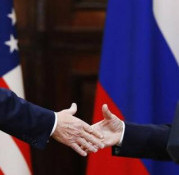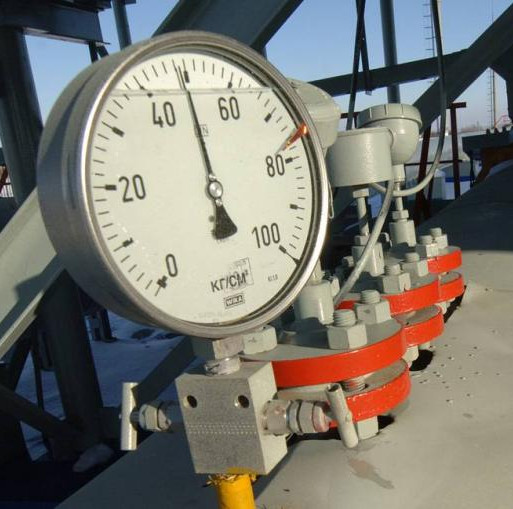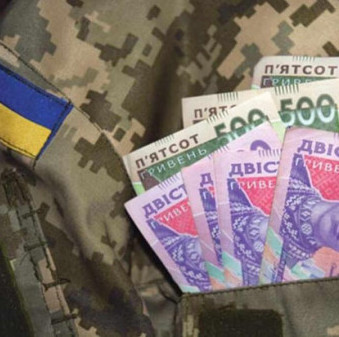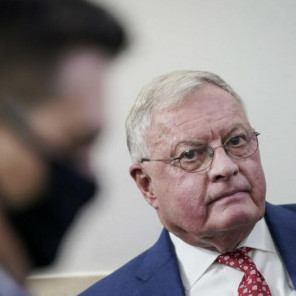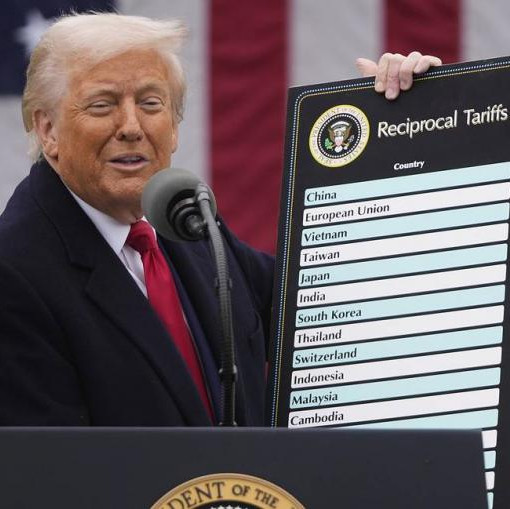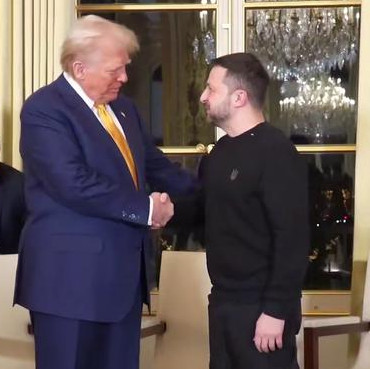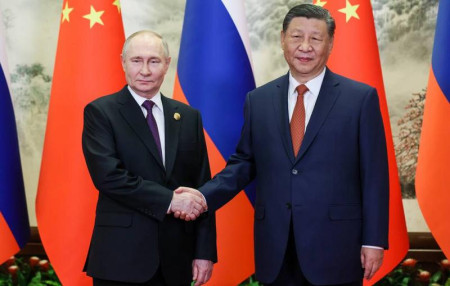
Few people doubted that China would be Vladimir Putin’s first destination after having been re-elected as head of the Russian state in March. The expected highest-level visit took place on May 16-17 by invitation of Chinese President Xi Jinping. The latter did exactly the same in March 2023, having headed for Moscow just two weeks after re-elected China’s leader for the third time in a row.
And still, we spent two months waiting for Putin’s visit, which even gave rise to rumors among Western spiteful critics about supposed difficulties associated with its management. But everything turned out simpler and clearer — Russia should have first seen inauguration, shutdown of the old government and formation of a new one, whose members all but collectively accompanied the President during his trip to China. The delegation’s unprecedented composition revealed the extent and range of agenda issues discussed at the talks.
Diplomats and protocol services carried out excellent preparatory work — the visit was held at a high substantive and organizational level. As a result, the sides signed a joint statement and numerous bilateral agreements. Western analysts were only left comparing the Russian President’s visit to China with the recent lackluster ones by the German Chancellor and the US Secretary of State, while seeking to promote the thesis that “nothing new was said” at the negotiations.
One can hardly agree with that statement if taking the trouble to carefully read the voluminous joint statement released after the visit. The document drawn up with due regard for the two countries’ political and diplomatic culture, has touched upon nearly every present-day domestic or international issue. One may easily see all the hidden meanings or get answers to many pressing questions that make the world community anxious.
First and foremost, the parties emphasized that “Russian-Chinese relations of comprehensive partnership and strategic cooperation, entering a new era, have reached an unprecedented level, meeting the fundamental interests of the two states and their peoples, and are not based on short-term interests or opportunistic calculations”. Also, they reaffirmed readiness “to provide strong mutual support for the protection of their core interests, state sovereignty and territorial integrity, and oppose interference by external forces in their internal affairs.” The key phrase here is “ready to provide”, and ways to do that were surely discussed behind closed doors during the two leaders’ face-to-face negotiations featuring relevant ministers and people in charge.
Once again, the parties have noted that modern Russian-Chinese relations represent a more advanced form of interstate interaction as compared to the military-political alliances dating back to the Cold War, are not bloc-based or confrontational in nature and not directed against third countries.
And Chinese Foreign Minister Wang Yi’s words about Moscow and Beijing’s “double opposition” to the American “double containment” leaves no doubt about the balance of power in the international arena.
The sides were pleased to state that their consistent defense cooperation development based on a high level of mutual strategic trust, has been effectively enhancing both regional and global security. Russia and China intend to further “deepen trust and cooperation in the military field by expanding the scope of joint exercises and combat training, regularly conducting joint sea and air patrols and improving the capabilities and level of joint response to challenges and threats.” Attendance of both Russia’s new Minister of Defense Belousov and his predecessor Shoigu, aimed to oversee our country’s growing military-industrial complex, has confirmed the importance and dynamics of developing relevant cooperation between the two “non-allies.”
Certainly, Putin and Xi could not help discussing Ukraine at their informal meeting in a narrow circle, which, according to Russian Presidential Aide Yuri Ushakov, took place in a truly confidential and friendly atmosphere, strengthening the actual “chemistry” between the two leaders. The parties are committed to the Chinese plan of resolving the conflict peacefully as its key distinctive essence lies in the following truism: extinguishing the war requires dealing with its root causes to involve all those interested, including Russia. Hence the obvious futility of a peace conference planned in Switzerland to discuss “Zelensky’s plan”.
Summing up the visit, The New York Times noted that there was no sign of disagreement between Vladimir Putin and Xi Jinping. Western analysts say their bro-hug came despite the threat of sanctions, the list of which Blinken brought to the PRC earlier, or European promises voiced by French President Macron, the newspaper wrote. For Xi, Putin is still “an indispensable friend helping reshape the global order in China’s favor,” and he used the meeting to demonstrate the country’s unwavering support for Russia. Well, we might agree with that conclusion after all.
